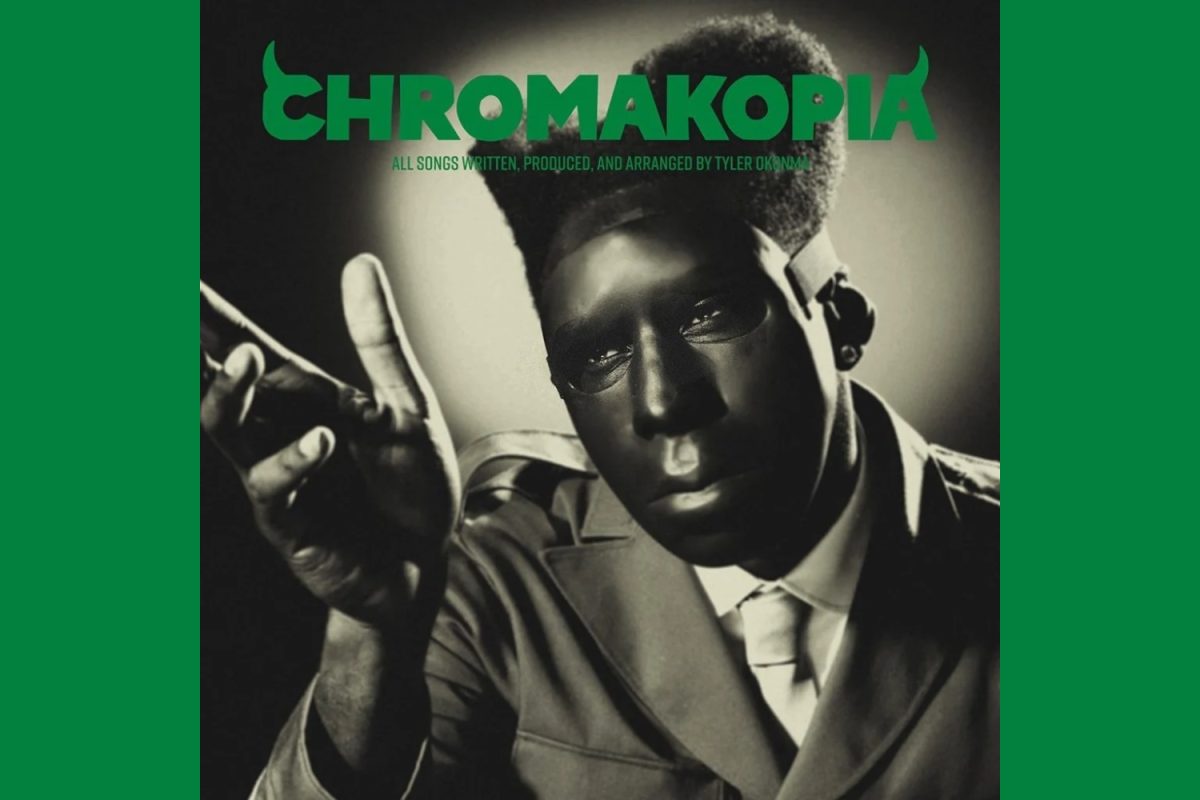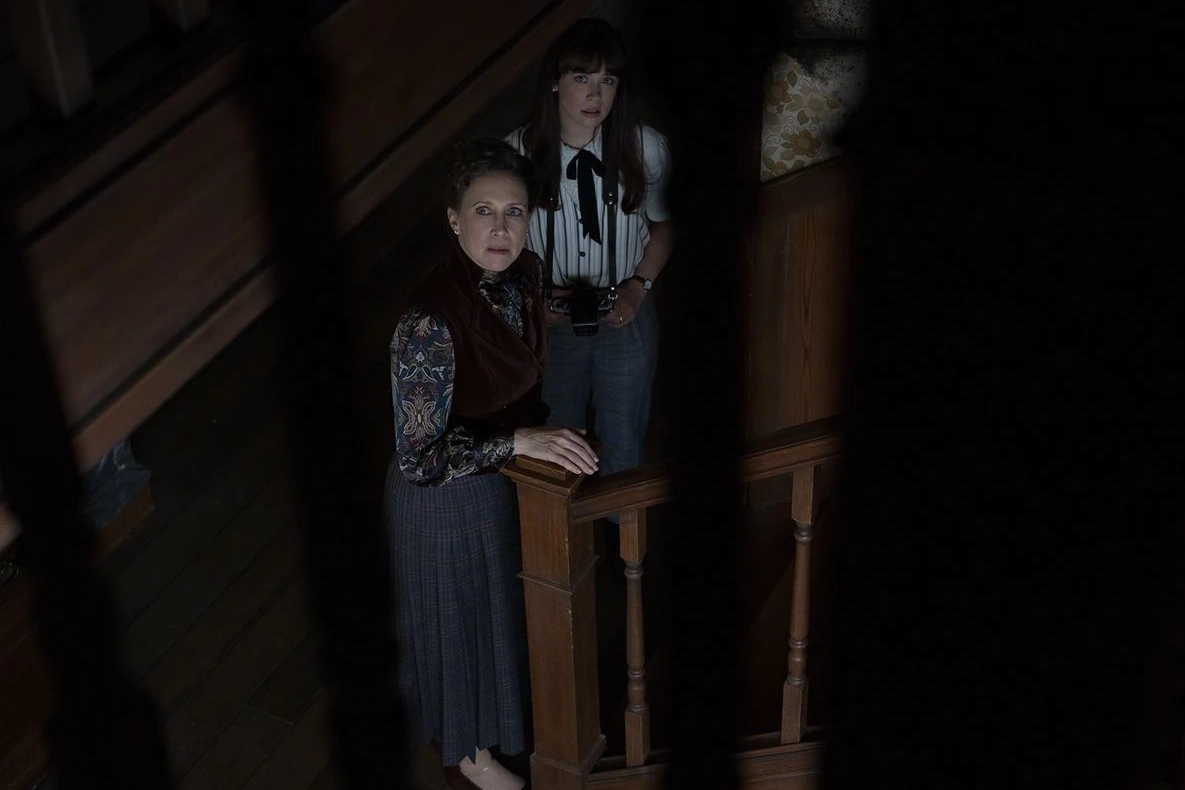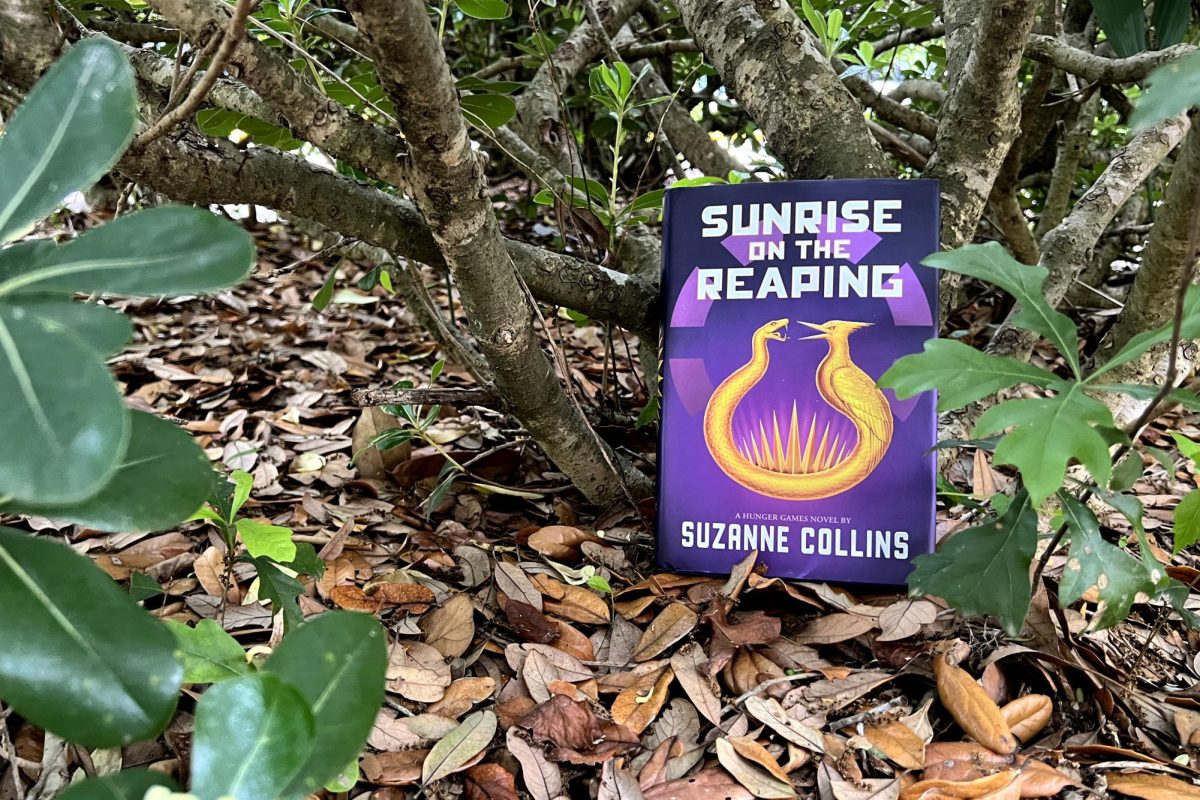Tyler, The Creator’s eighth studio album, “CHROMAKOPIA,” was one of 2024’s top albums after being released on Oct. 28. The album took an in-depth look at who Tyler was as a person and explored his anxieties and his personal journey as an artist. Exploring themes like fatherhood, discovery and identity, “CHROMAKOPIA” is the most open Tyler has been with his music and shows a different side of himself to the world.
“CHROMAKOPIA” was initially announced through a short piece of the song “St. Chroma,” along with a music video posted on Tyler’s Instagram page. In this snippet, we got a taste of what the album would be about as Tyler metaphorically and literally presented us with an explosion of color as he blew up a shipping container with the album’s name on the side.
Diving into the album, it is made up of 14 songs with a run time of 53 minutes. Opening on “St. Chroma,” the listener is immediately immersed into the story Tyler is trying to tell. “St. Chroma” gets its name from a character in author Norton Juster’s book “The Phantom Tollbooth.” The character named Chroma the Great was in charge of giving the world color. The song itself has two different parts, the beginning where Tyler is whispering the lyrics with the sound of marching in the background, and the ending where Tyler, along with Daniel Caesar, sings louder and more passionately. The song matches the video it was originally teased with, creating a transition from a song sounding black and white to a song bursting with color and energy.
“CHROMAKOPIA” focuses on Tyler’s views on relationships and the idea of being a dad. During “Darling, I,” Tyler sings about how he isn’t ready for the commitment that comes with a relationship and marriage with lyrics like, “Forever is too long,” and “Darling, I keep- keep falling in love.” He isn’t ready for a longterm relationship as he can’t stay faithful, because he keeps on falling in love. This theme of love goes along with “Hey Jane” where Tyler talks about an unplanned pregnancy and the feelings of fear and love he had during this situation. These songs talk about Tyler’s complicated relationship with love and how he wants to move past it in the future.
One of my personal favorite tracks on this album is “Sticky.” There have been a lot of interpretations on the true meaning of this song, but I believe it’s talking about how Tyler has gotten out of “sticky” situations. One of the main reasons I enjoy this song is due to the features of GloRilla, Sexxy Red and Lil Wyane. Their features create an enjoyable beat and, along with the brass placed throughout the song, it keeps me interested and invested in the song.
In “Like Him,” Tyler explores the feelings he has for his father and the impact his absence had on his life. Calling his father a ghost, Tyler discusses the traits he received from his dad and wonders if he will end up becoming like him. Tyler’s lyrics and tone in the song express the longing and desperation he has to know his father in any capacity.
“CHROMAKOPIA” ends off on the song “”I Hope You Find Your Way Home.” One of the unique aspects of this song is Tyler’s mother, Bonita Smith, being featured on this song through a phone call she had with Tyler. Bonita talks about how proud she is of Tyler and all he has accomplished as an artist. The final words of the song mimic the beginning of “St. Chroma” with CHROMAKOPIA being repeated slowly before fading out, ending off the album.
Overall “CHROMAKOPIA” definitely lived up to the hype it created becoming one of the best albums of the year. I would give CHROMAKOPIA a nine out of 10 for its themes, sounds and replay ability. The album is the best when listening to it fully in one sitting. The transitions and story become clear when listened to in order. My favorite songs were “Like Him” and “St. Chroma,” as both the stories and sounds of these two songs were some of the best I heard while listening to the album. “CHROMAKOPIA” is one of my favorite albums from Tyler, The Creator sitting alongside “Igor” and “Call Me If You Get Lost.” With the success of “CHROMAKOPIA,” Tyler has not only set a new standard for his own music, but for musicians as a whole.








